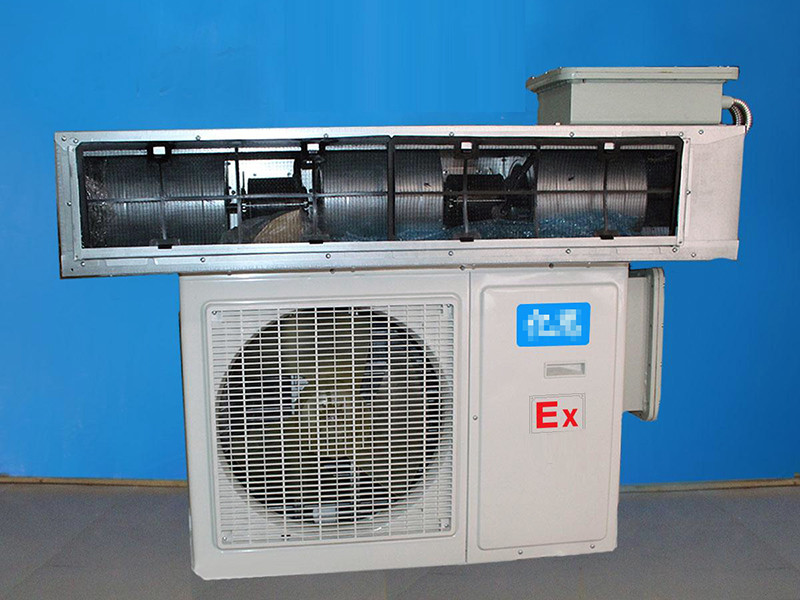Explosion-proof air conditioners necessitate the utilization of superior insulation materials to guarantee their operation is both safe and reliable. Typically, insulation materials are categorized into three forms: gaseous, liquid, and solid. Gaseous insulators are employed under high-voltage conditions, liquid insulators mainly as mineral oil in low-voltage transformers, while solid insulators are predominantly used in the insulation components of electrical devices.

Requirements for Insulation Materials:
1. Solid insulators must possess non-combustible and flame-retardant characteristics.
2. Solid insulators should exhibit minimal moisture absorption.
3. Solid insulators are required to be resistant to electric arcs.
4. Solid insulators must demonstrate excellent heat resistance.
The heat resistance of solid insulation signifies the temperature at which these materials can operate over long durations without deteriorating. Solid insulators should maintain robust mechanical properties when temperatures exceed 20.0℃ and do not drop below 80.0℃ from the equipment’s continuous operational temperature. Different electrical devices demand varying levels of heat resistance.
The heat resistance of solid insulators is classified into eight grades: Y, A, E, B, F, H, C. Commonly used insulating materials include triazine asbestos arc-resistant plastic and DMC plastic, with their threshold temperatures ranging between 130-155℃. Enhanced safety electrical equipment also specifies for motor, transformer, and electromagnet windings to be covered with at least two layers of insulating material for bare wires, at least one layer for thin enamel coated wires, and QZ-2 type for thick enamel coated wires.
Concurrently, the winding should adopt one of the impregnation techniques: immersion, dripping, or vacuum impregnation. Brushing and spraying methods should not be utilized for impregnation. If organic solvents are employed as impregnants, it necessitates two rounds of impregnation and drying. Coils with diameters less than 0.25mm are prohibited for enhanced safety electrical equipment. In special cases, coils can be crafted into intrinsically safe or sealed structures.
 Shenhai Explosion-Proof
Shenhai Explosion-Proof
